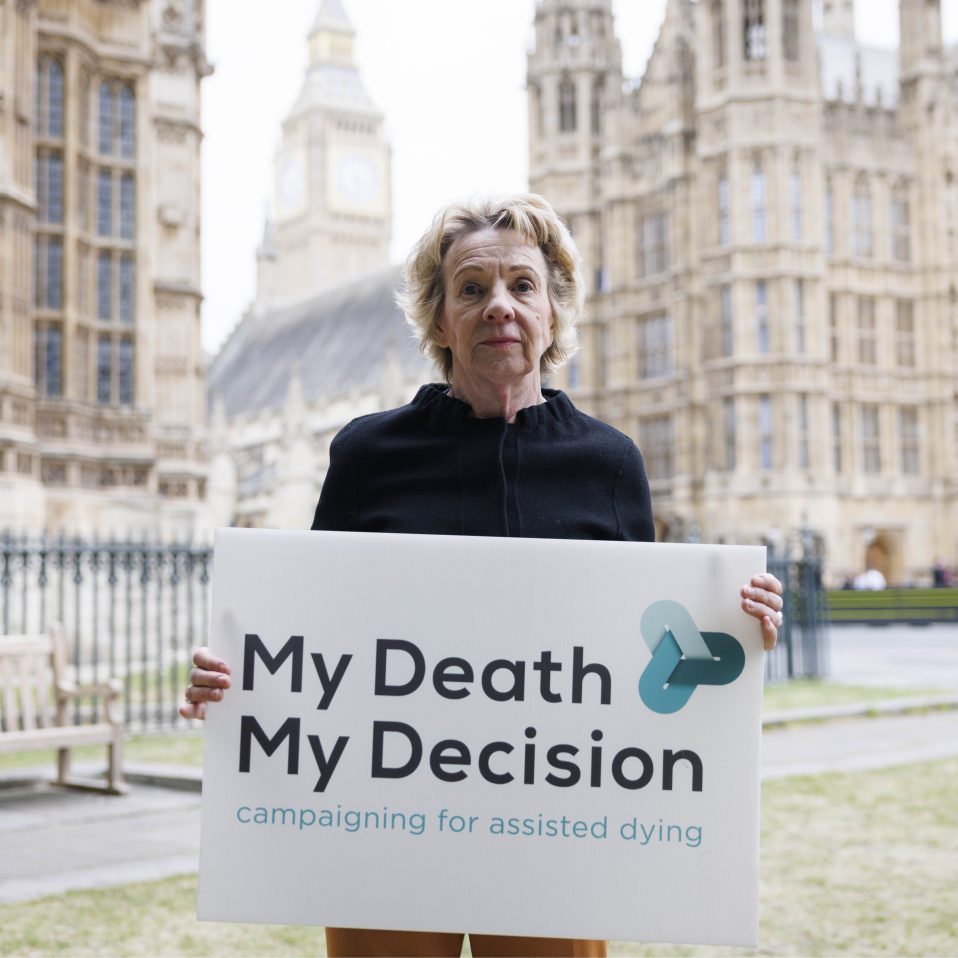There has been much reporting of the death of 104 year old Dr David Goodall, who ended his life at Lifecircle in Switzerland on 10th May 2018. The BBC include a video extract from his last press conference in an article on their website.
Dr Goodall was a British ecologist and botanist who was not terminally ill, but had a deteriorating quality of life due to poor health. He lived and worked in Australia but had to fly to Switzerland in order to have the medically assisted death he wished for. The Daily Mail article describes how Dr Goodall, an honorary research associate at Perth’s Edith Cowan University, made international headlines in 2016 when he was declared unfit to be on campus over concerns about his safety, including his ability to commute. Scientists around the world supported him to get the decision reversed. In another article the BBC quoted a friend, Carole O’Neill, who explained how these events had affected Dr Goodall. He was forced to work in a location closer to home, apart from his colleagues and friends. At a similar time his deteriorating health also meant he had to give up driving and performing in theatre. He was, of course, most fortunate still to be able to enjoy doing these things up until the age of 102! Mrs O’Neill went on to explain that the events of 2016 marked the beginning of him not being happy anymore. “He’s an independent man. He doesn’t want people around him all the time, a stranger acting as a carer. He doesn’t want that. He wants to have intelligent conversation and still be able to do the same things like catching the bus into town.”
The Guardian reports that he had attempted suicide about two months ago after suffering a fall. This shows the difficulties even the best educated people can face when trying to end their lives without medical assistance. Those who argue that the assisted dying law doesn’t need to be changed, as suicide is no longer a crime and people can end their lives if they wish, totally miss the point about how difficult it is for people to achieve this peacefully and unaided, at the time when they rationally decide that it is the best option. Dr Goodall’s doctors in Australia are reported as saying “he’s talking about ending his life, there’s nothing much wrong with him, so therefore he’s a risk to himself.” This apparently led them to consider keeping him in hospital against his will, and attempting to prevent him from travelling abroad. Not exactly the kind of patient-centred care he would have hoped for. Wouldn’t it have been better for his doctors to be able to accept and assist in what appears to be a very rational and well thought out end-of-life decision?
Cases such as this present a real dilemma for those who believe that medically assisted dying should be restricted to those who are deemed “terminally ill” in the sense of having a life expectancy of six months or less. What do they propose should be done for someone like Dr Goodall? Deny him the good death he quite rationally seeks? Why?
Dr Goodall was very clear about what a good death meant to him. The Daily Mail article reports him saying:
“I am 104 years old so I haven’t got much time left anyway. I might as well not have [my health] getting worse and worse, making me unhappy as it goes.”
From the information available it seems that Dr Goodall’s decision is a classic case of someone who has decided that their life is complete, and who finds their incurably deteriorating health has made their quality of life unacceptable. He rationally decided that a medically assisted death was his best option. MDMD support his decision and thank him, and his family and friends, for publicising his situation so widely. They have done much to stimulate the debate on future end-of-life care and how we should support people in their choices.
From MDMD’s standpoint, it seems totally unacceptable that someone should need to embark on such a long journey in order to have what for them is a good death. Not only that, if he, and others who share his end of life wishes, knew that their good death option was available in their home country, without the need for an arduous journey, they might delay their life ending decision for a little longer; until they decide to go to their nearest Good Death Centre perhaps?








Recent Comments